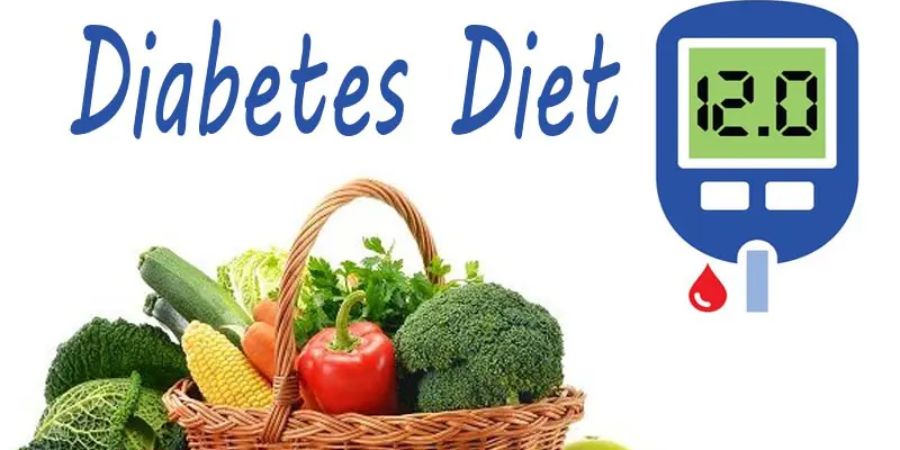

1. Low-Carb Diet:
Low-Carb Diets have become popular in recent years due to their ability to effectively treat diabetes. It helps you lose weight by reducing your daily carbohydrate intake. If you are looking to lose a lot of weight, this diet may be perfect for you! However, if you have high cholesterol or diabetes, consult your doctor before starting a meal.
2nd Mediterranean Diet:
This is a healthy, low-carb alternative that can help you lose weight and reduce your risk of cardiovascular disease. A balanced diet includes lean meats and fish, whole grains, fruits and vegetables, nuts, legumes, seeds, olive oil, and low-fat dairy products.
3. The Ketogenic Diet includes:
The Ketogenic Diet (KD) is a low-carbohydrate, high-fat diet that promotes ketosis. Ketosis is defined as having too much acetone in the bloodstream and the body burning more fat. Modifications to the MCT (Medium Chain Triglyceride) and Atkins diet are the two main types of KD. Both diets help with weight loss and diabetes control, as they are prone to ketosis.
When blood sugar rises, our body goes into fat storage mode, but it doesn't happen overnight. Fat deposits form over a period of months or years. Insulin signaling is also impaired by chronically elevated glucose levels. Ketones allow your body's cells to use the energy they store fat, leading to better blood sugar regulation.
The ketogenic diet, which has existed since the 1920s, is a high-fat, high-protein, low-carbohydrate diet used to treat children with epilepsy. Researchers have shown that diet can help people with type 2 diabetes, but more research is needed. Diet can help diabetics in a variety of ways, including increasing insulin sensitivity over time as the liver switches from glycogen storage to fat storage.
4. Meal Replacement Diet: The
Meal Replacement Diet provides a sufficient amount of calories throughout the day without carbohydrates. This diet plan is primarily aimed at people with type 2 diabetes. These diets include carbohydrate-free diets and alternative diets that provide nutrients to the body. By eating these foods, patients can maintain healthy blood sugar levels while gaining the calories they need to keep up with their normal activities. Meal replacement is a food that can be used as a meal instead of a real food. A mixture of proteins, carbohydrates, fats, vitamins and minerals can be considered a "diet". Everything your body needs to maintain normal functioning and build muscle.
5. Vegan food:
Vegan food includes vegetables, fruits, legumes (dried beans and pea), grains, nuts, seeds, herbs, spices, but meat, chicken, fish, eggs, dairy products. , Other animal products are not included. Depending on your diet, a vegan diet can be nutritionally complete.
Veganism is popular for several reasons. Some people have ethical concerns, environmental concerns about animal production, health concerns about the consumption of animal products, because they want to reduce food mileage and waste generation and reduce carbon dioxide emissions, or Avoid eating animals because they are doing it.
Hope its useful to all.
Thank you






